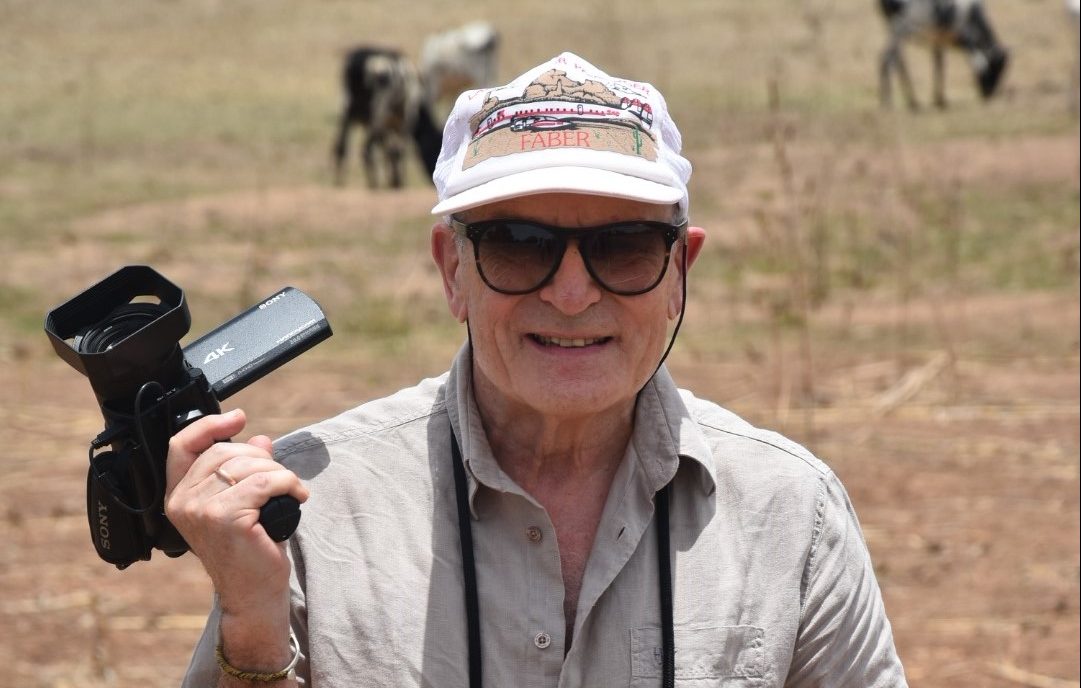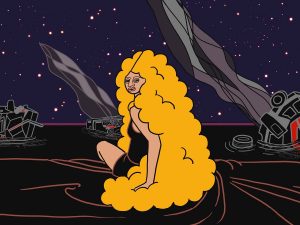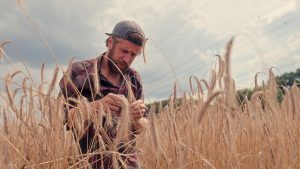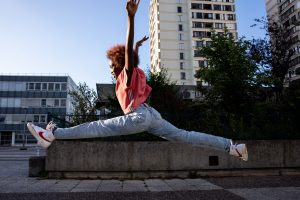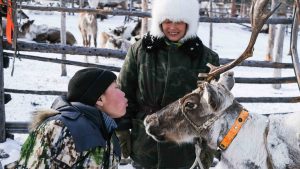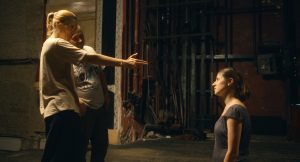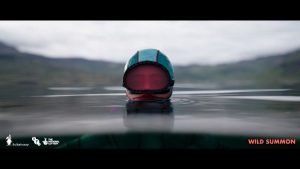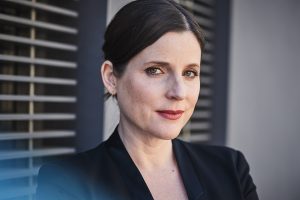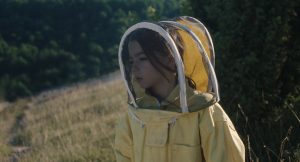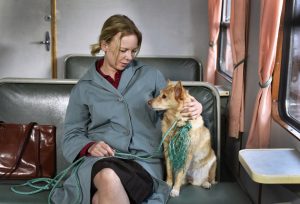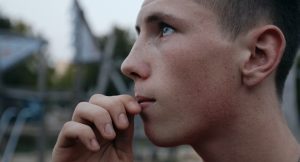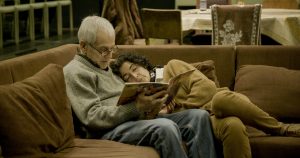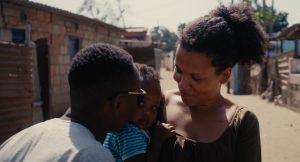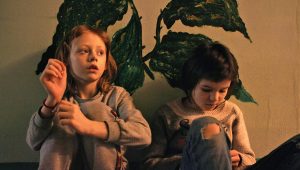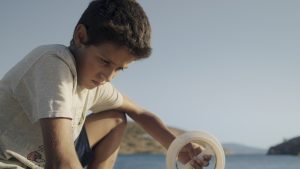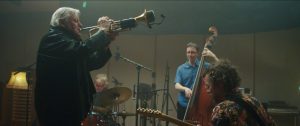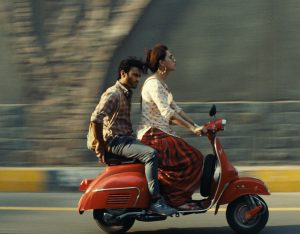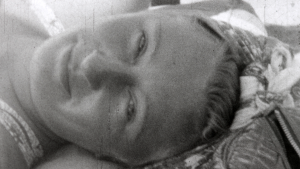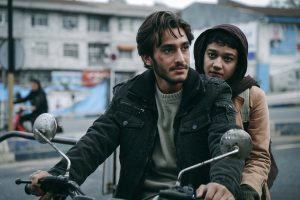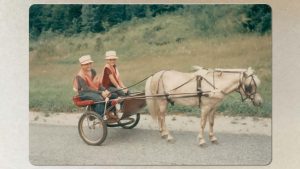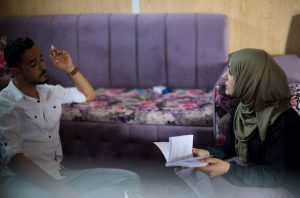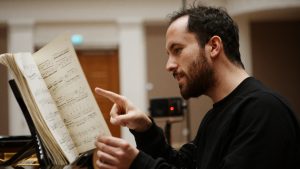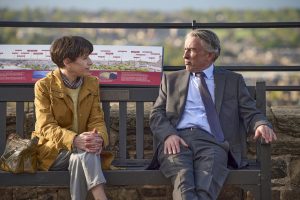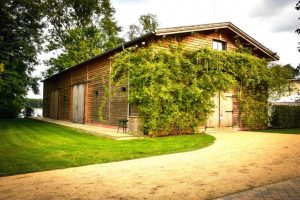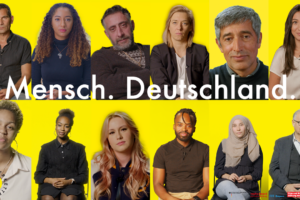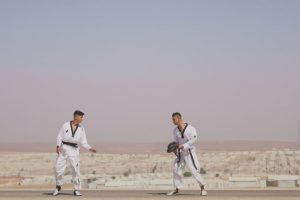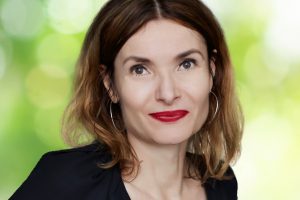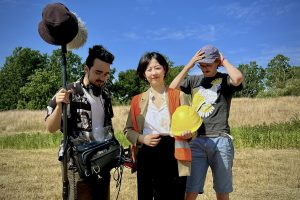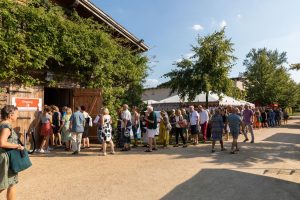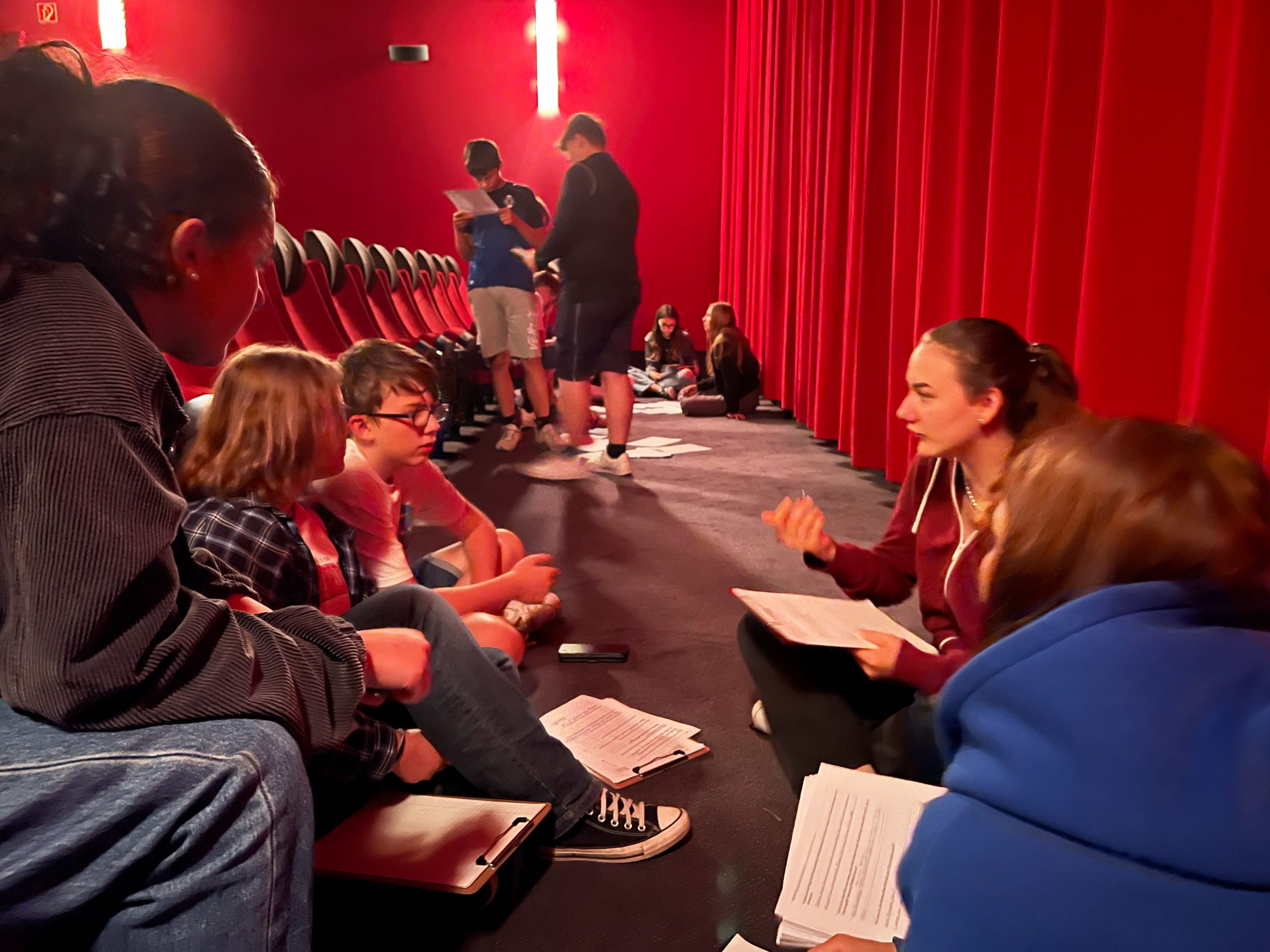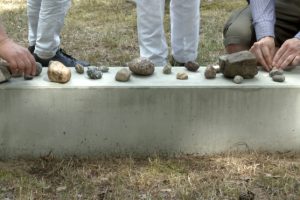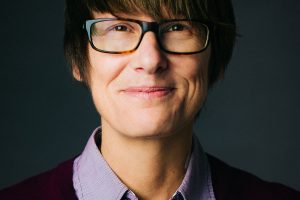The world is coming apart at the seams, nothing seems the same as it did years ago. Are we on the right track or does everything just feel wrong?
Volker Schlöndorff, the German Oscar winner, on his very first documentary film, which approaches the current issues of the day in a very unique and also emotional way. The director is not only concerned with the environment, which we are deliberately destroying, but also with the social community, for which we must stand up before we lose our orientation for the essentials out of our cocoon of prosperity.
By Ralf Hermersdorfer
Mr Schlöndorff, you are presenting your film project “Der Waldmacher” at the FILM WITHOUT BORDERS festival in Bad Saarow at the beginning of September. The story is about the winner of the Alternative Nobel Prize, Tony Rinaudo, who is replanting an African desert in a unique action. How did you two meet?
It was pure chance. I have been an ambassador for the organisation World Vision for over ten years now, and Tony Rinaudo gave a talk about his project in Stockholm. I was totally impressed by his enthusiasm, his personality and above all by the simplicity of his method. And I asked him why this crazy idea of reactivating old tree roots is still far from catching on in the whole of Africa, and then he said, unfortunately I’m alone in this. I said, that can’t be, something has to change, should I make a film about you, half-jokingly. And he said that would be a really good idea! Six weeks later, he planned a trip through Mali, Ghana and Niger, and I spontaneously joined him, just with a small hand-held camera. On location, I saw how exciting the story was and booked a local cameraman and sound man. It turned out pretty quickly that our three-person team was quite sufficient and then I made the whole film in this documentary style.
After more than thirty feature films of your own, “Der Waldmacher” is your first documentary in cinema format. How did it feel for you to not have a script, a big set and a team of producers constantly breathing down your neck, but to simply depict real events on your own?
It was a great liberation. I started this film project because I was one hundred percent convinced of it and just let it go. It’s a great feeling to be completely independent. In the beginning, I financed everything with my own money. Fortunately, in the middle of the production, ARTE heard about it and also a real producer (laughs), but until then friends just helped me with donations, so I didn’t have anyone telling me what to do conceptually, for better or for worse. It’s very easy-going without a big production team. In the end, we were part of the villagers, spent every day with them and got to know their concerns first hand. As a result, this film also has a fascinating, authentic effect. And so I became a documentary filmmaker overnight, which was actually never my intention.
With this documentary film you are making a clear and also emotional statement. Why is your commitment to the environment so important to you?
Mentally, everyone says we have to do something for the environment, otherwise the world will end. But it is of course different when you experience the people on the ground and can first understand their hardships and fears. A lot of emotion got into my film quite unintentionally. I am actually a classic feature film director, so I considered Tony Rinaudo as the main actor and the African farmers as supporting actors and tried to tell a story with them because they touched me so much. You have to feel the emotion in Africa, where the people are affected by the problem and they also have to live with it.
When one looks at your filmography, one notices that you always deal with roles of the disadvantaged, in a discreet, unobtrusive way. Is that your passion?
Yes, it’s innate with me (laughs). For most people, nothing is harder to bear than injustice. Something in me is outraged, it’s been like that since my school days. I simply interfered in all matters and automatically became the class representative. When I went to school in France, I still experienced the aftermath of the colonial liberation. There is so much that you can do and that’s why I can’t understand other people’s resignation.
But at the same time, I think there are so many things you can do and that’s why I can’t understand other people’s resignation. When I see people like that, I want to take them and shake them and say there is so much you can do. As soon as you do something, you feel optimistic again, the more active and confident you become. It’s actually a very simple truth: energy comes from doing, it doesn’t dissipate. On the contrary, the more you do, the more your batteries recharge.
The theme of this year’s festival in Bad Saarow is ABOUT_TOMORROW. What gives you confidence in a peaceful and positive future when you think about the day after tomorrow?
What gives me confidence is looking back. When I see all that happened in the 20th century, all that people had to go through. I experienced the Second World War as a child, but if I look back even further, in every century of our past there were much worse challenges than now, inconceivable destruction and injustice. I think, apart from the climate, humanity as a whole is on the right track. And that gives me hope for the future.
You played a major role in shaping the German film landscape; it was only through your Oscar contribution “The Tin Drum” that German film received the international attention and recognition it deserved. You have now been in the film business for over sixty years. What still drives you personally?
The fun of it, it’s as simple as that! Just recently I was backstage with the Rolling Stones, who have also been touring the world for sixty years, and I asked Keith Richards, is this your last concert now, and he said, well, maybe we’ll just carry on next year, because it’s just so much fun! Yeah, they don’t need the money, they don’t need the fame, it’s just fun for them. And that’s how I feel too.
We look forward to continuing the film discussion with Volker Schlöndorff at the presentation of DER WALDMACHER at the 10th FILM OHNE GRENZEN Festival (1.9.2022, from 6 pm).
© FILM OHNE GRENZEN e.V., 2022
Publication, distribution and reprinting, including excerpts, only with the written permission of Film ohne Grenzen e.V.
© Photo: Weltkino Filmverleih
